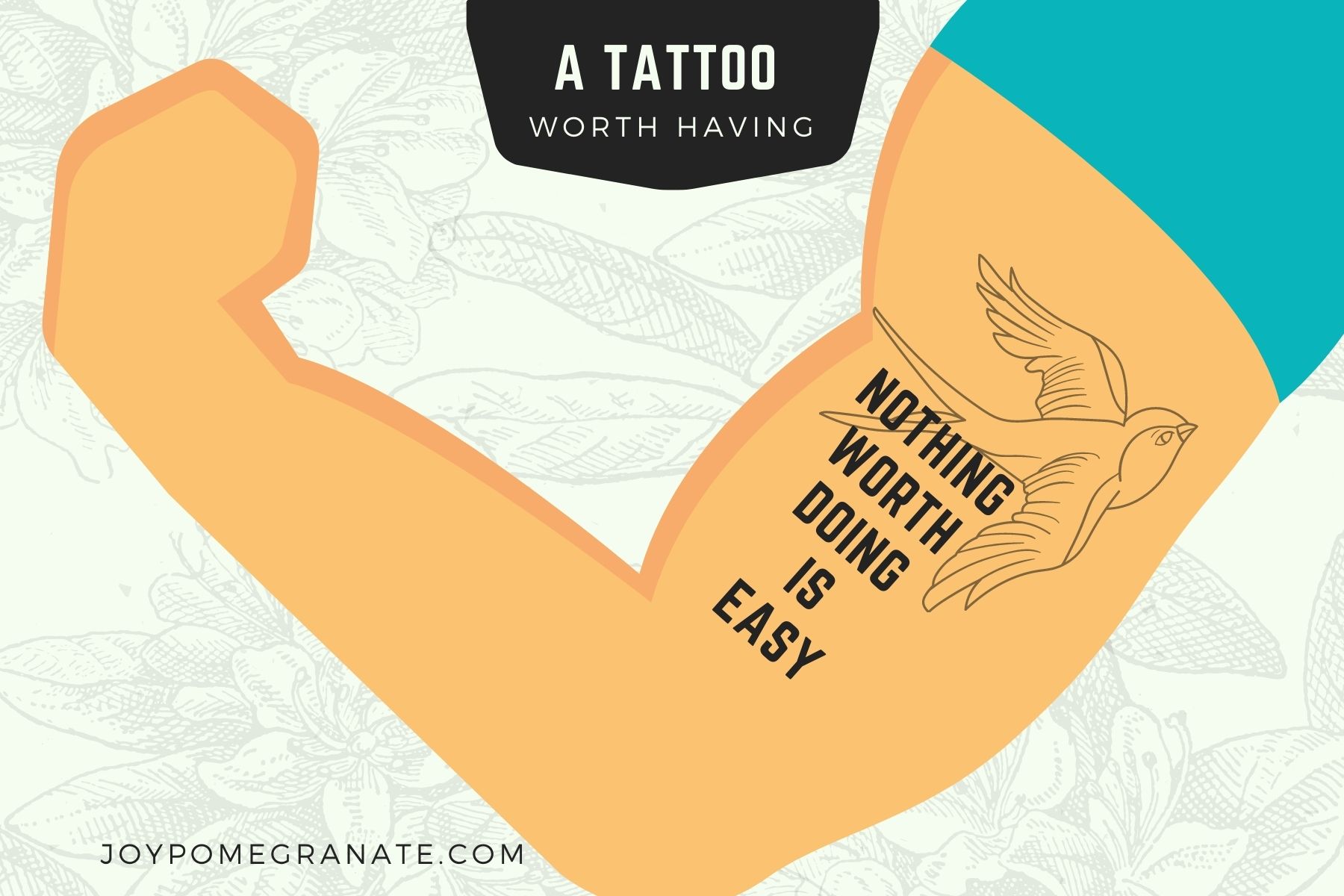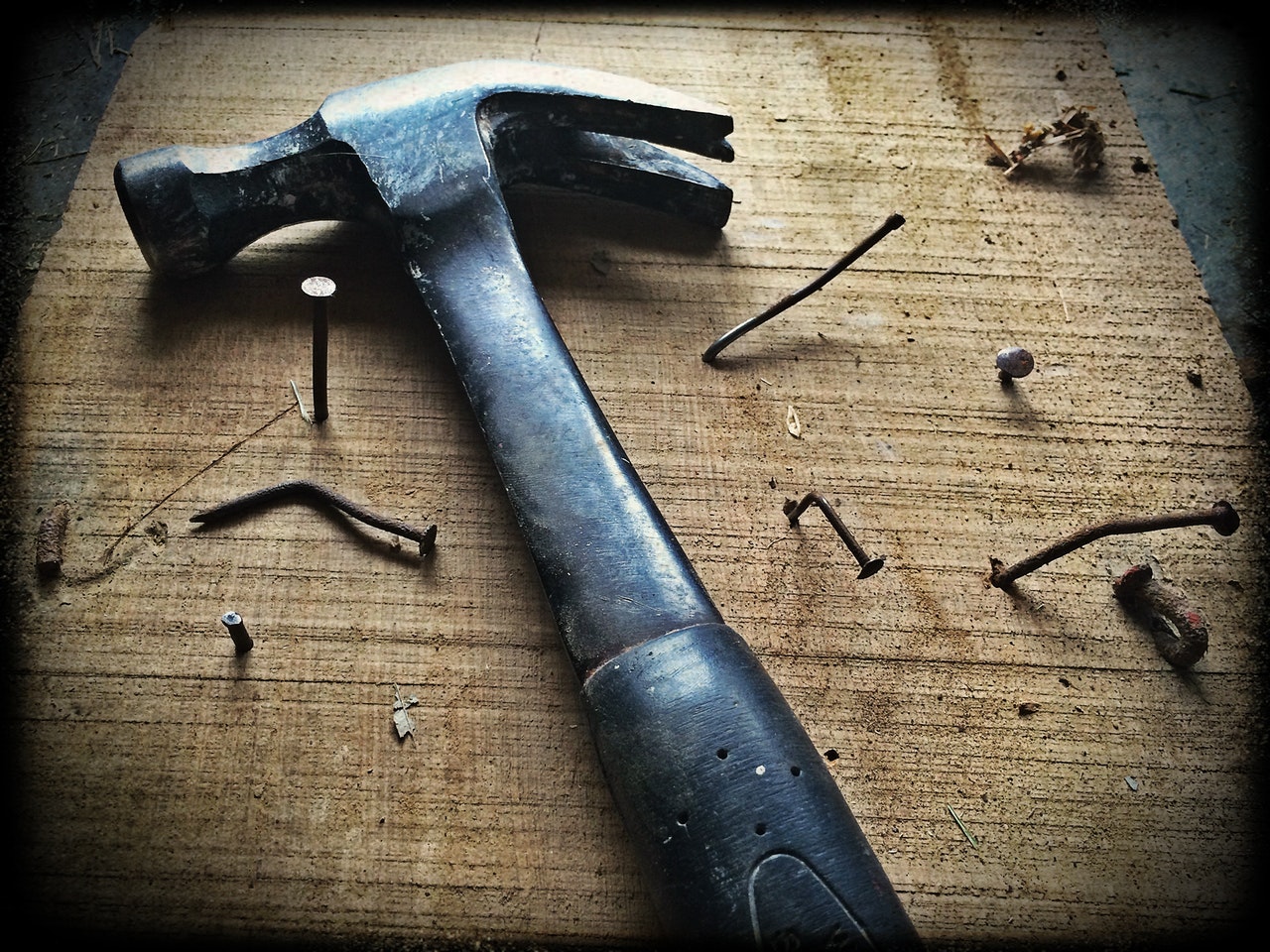
**All links are at the bottom of the post, footnote style**
Is Constant Researching About Success Keeping You From It?
Take this quiz:
Do you find yourself reading every how-to article that swings past your eyeballs?
Yes = 2 pt.
Do you wake up worrying that it’s taking you two weeks to get the next thing off your “important” list?
Yes = 2 pts.
Do you listen to one podcast after the other, or watch hours of youtube gurus?
Yes = 1 pt., Both = 2 pts.
Do you feel like an imposter in your new venture?
Yes = 1 pt.
Do you have a pile of half-read books next to your bed?
Yes = 1 pt. for every book past the first one.
“I can’t move to the next step until I thoroughly research this one” is a phrase that floats through your mind regularly.
Yes = 1 pt.
Have you spent money on classes in the past year?
Yes = 1 pt. for each class (exception-count all degree-bound college classes as one point total)
Does your cat have to lay on top of your Kindle in order to get fed?
Yes = 2 pt.
Do you have a tattoo that says “Think and Grow Rich”?
Yes = 3 pt. (extra point if it’s a tramp stamp)
If you have 5 or more points, you likely have a challenge with an addiction to learning, and it might be getting in the way of progressing towards your goal.
If you have over 10 points, you definitely need to keep reading.
To be clear, I’m not addressing a clinical addiction here. Clinical addiction is when your behavior is negatively impacting your health, your relationships, or your ability to take care of yourself financially. You may need extra help if you have a clinical addiction. (1)
The kind of “addiction” I’m talking about here is when it keeps you from getting work done on your goal, project, or business.

5 More Signs You’re an Information Junkie
1. Every time an unanswered question pops in your already crammed mind, you grab your phone and start searching for answers.
2. You feel panicked imagining a whole day without your computer, cell phone, or kindle.
3. You’re taking more than one class on a subject at the same level ie: Beginning Underwater Knitting, Knitting with Seaweed 101, AND Scuba Knitting for People Afraid of Water and Yarn.
4. You sign up for more classes even when the classes you’ve paid for are not finished.
Ouch.
5. You are subscribed to a dozen online sources of information and now you spend hours reading emails.
I bet you spend 80% of your day soaking in information, and 20% working on your goals.
If this is you, you are in danger.

Why Is it Dangerous? Isn’t Learning Good for You?
It’s natural to start out educating yourself, when aiming for a new goal. Learning can be enriching, rewarding, and helpful.
But when you find yourself spending the next 4 hours chasing the info-rabbit down a hole in a quest to answer “which walking app has the highest rating?” you might be in trouble.
The most common reasons for excessive learning:
1. You worry that you don’t know what you’re doing. You’re trying to compensate for a feeling of inadequacy.
2. You feel you need to do it all perfectly. You are afraid to make mistakes.
3. Doing the work is boring or frustrating. You want the results, but the work is sh*t-can torturous.

You may be avoiding the work because you are scared or bored.
In other words, researching has become a form of procrastination.
Yep. Sorry for the bad news.
The dangerous part is that a learning addiction can make you FEEL like you’re getting things done, even when you’re not, so it gives you the warm fuzzies.
Insecurity and intolerance to painful frustration and boredom can drive us all to keep looking for interesting answers “out there,” in the great beyond.
It’s time to buck up, grow a pair and put that book down!

Why Constant Self-Education Becomes an Addiction
This part is about your brain on drugs.
When you find answers to questions, you feel an emotional reward. This emotional reward feels good because it’s a release of the neurotransmitter brain-drug called Dopamine.
You will want to do more research especially if you’re researching something that is making you anxious.
Because research is fun. And work is hard.

Dopamine contributes to feelings of happiness, so some of it is a deliciously goooood thing.
If you’re not using the information to get where you want to go, the good feelings will eventually shift into anxiety, frustration and self loathing.
We don’t want that now, do we?
A Learning Addiction Can Destroy Your Bottom Line
Beyond the physical cost of books and classes, there is the biggest cost of your time. Your time is your most precious resource.
It’s even more important than money
Gasp! Such a blasphemous idea in this culture!
Also, not only is it bad for your bottom line, it can be bad for your bottom.
Get up and get some exercise, Ethel!

The Key to Your Success Engine: Stop Revving and Start Driving.
Keep your research short and your work and workout long.
It’s time to put the information you find into practice. You will learn more by doing.
It’s not going to be perfect and that’s okay. Your experiences with your venture are going to feel awkward, hard and challenging.

Remember, if it’s hard, you’re on the right track.
What an awful thought, to spend your whole life learning but not really getting anywhere.
Want to shock yourself? Keep track one week of all the time you read articles, listen to podcasts, watch informational videos, read books, spend time on classes, etc.
If you are spending 20% of your time doing, and 80% of your time researching, imagine how much you could get done if you flipped that.
It’s time to read less, win more time, and spend it on building your dreams.
When you are learning a little and doing a LOT, the learning sinks in more and makes sense.
Acknowledge when you know enough. Get the answer and get out as fast as you can. Be okay with getting some of it wrong and correcting later.
You Don’t Need All the Answers, Just a Few To Get You Started
Here are some answers for you.
If you believe you HAVE to have all the answers before you can get started you are never going to get started, and flame you feel for the subject will be snuffed out.
You’ve ruined the adventure.
Successful people have only parts of the picture figured out, and yet they forge ahead and get it done, turning to help and learning as they go.

You get more learning if you do the work.
The “doing” can be mental or physical, but that’s where the real rewards lie. Most deep learning is when you jump in, get messy, sort out, pull your hair and grit your teeth. It’s in the hands-on experience.
When Can I Safely Engage in More Learning?
After acknowledging that it’s a problem (yes, Pete, admitting it is important), then you’ve got to figure out how to switch to 80% doing and 20% learning.
First step, tame the proverbial paper tiger.
Here’s how I do it.
When I come across the next interesting thing, I don’t read it right then, I put it on a list. I have several lists going. I use Evernote to keep it organized. (3)
My research lists:
1. Books to Read
2. Articles to Read
3. Classes to Consider
4. Websites, Podcasts & Tools Worth Exploring
When I’m going through emails, or listening to podcasts that turns me on to something new, I put it on the list, safe and sound.
When I choose to spend time on education, I go to my lists and pick something out.
I take notes on what I learned and then write “X-DONE” in front of the title, so I know I indulged.
The X is for easy sorting…it puts it at the bottom of the list.

The Best Time to Learn
If you acknowledge that learning is an addiction that’s getting in the way of getting things done, then set aside a time later in the day for learning.
If you do the opposite, and start by diving into something educational first thing after breakfast, you’ll keep on reading (or watching, or listening) all day.
It will be too easy to get absorbed and ignore that nagging feeling that you should stop and get something done.

I repeat: Always start with the hardest thing first in your day. The hardest thing is getting to the work, not placating yourself with research.
If you like, you can choose to “reward” yourself with 30 minutes of reading each time you meaningfully engage in your goal for an hour or two.
More Tips for Turning Down the Flood of Information and Getting Ahead
At the risk of shooing you away from my own website, the message is you need to go. You need to stop reading this and get some work done.
You need more help? Okay, twist my arm. Here are a few more tips:

Speed listening time
If you want to sneak in learning time that won’t eat into your working time, dive into podcasts and audiobooks.
If you have a smart phone, you can often listen 1.5 or 2 times the speed of normal and get LOTS of information in your brain.
Only listen to books and other audio training when doing something productive that requires low brain engagement like washing dishes, folding laundry, or working out.
Automatic reading time
If you want to read an article, most computers and smartphones have verbal readers that are meant for visually impaired people. Learning how to use it frees you up to being able to jump rope while listening to a written article on “50 ways to cook cockroaches.”
Game time
Make it a game…
How little do you need to know to get to the next step?
How fast can you get the information and go?
How many little steps forward can you take today? This week? This month?
Keep track and try to improve your “score.”
Limitation time
Promise yourself to finish a book or a class before picking up another one. Or at least limit yourself to two.

Reflection time
Give your ears and brain a break regularly to reflect and digest what you’ve heard.
Tell yourself the story you just listened to.
Make a mental list of the tips that you just skimmed through.
Consider how it could be applied to your life before jumping back into a new book or new podcast.
Boring time
Be willing to face the boring and the tedious. If you can do one boring thing a day, you’re way ahead of most people.
Successful people learn to tolerate boredom.
If it’s all boring, you’re engaging in the wrong activity. Either figure out how to make it interesting, hire someone else to do that part, or figure out how to skip it.
Celebration time
Celebrate your small wins with the progress you’re making on your project or goal. Take a moment with a hot coffee, sit on the back porch and think about how awesome you are.

You also need to celebrate your mistakes. If you’re making mistakes you’re in the game and you rock.
If you’re a sick little puppy that wants to procrastinate some more by taking in MORE information, read my post on how to stop procrastinating. (4)

Honestly, I hope you don’t read it. Go live your life.
Live Juicy, Joybird!

Posts
4 13 Ways To Get Unstuck, You Procrastinating Bastard, You
Links
2 Dopamine
3 Evernote
Photos
Stack Of Books: Pixabay
Ladder: Jeremy Levin
Danger Shark: George Desipris
Frustrated Worker: Ketut Subiyanto
Open Book: Skitterphoto
Found It! Woman: Andrea Picaquadio
Hourglass: Pixabay
Adventure Man: Mike Andrei
Hard Work Hammer: Pixabay
Organized Computer: Bongkarn Thanyakiij
Morning Run: Philip Ackermann
Podcast Lady: Andrea Picaquadio
Reflection Man: Tim Savage
Happy Woman: Nappy
Adventure Hiker: J MT
Hello! I could have sworn I’ve been to this blog before but after browsing through a few of the articles I realized it’s new to me. Anyways, I’m definitely pleased I came across it and I’ll be bookmarking it and checking back regularly!
I bet you say that to all the girls, Darren! Thank you.